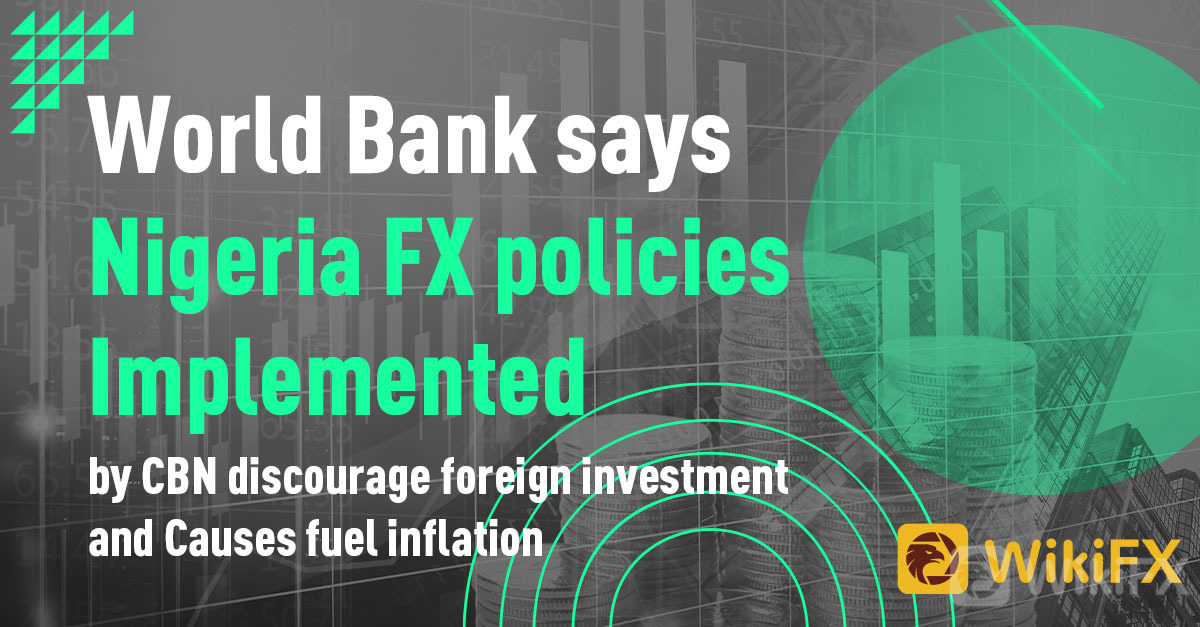
The World Bank has said improper foreign exchange policies designed and implemented by the Central Bank of Nigeria (CBN) is discouraging new capital investments and causing fuelling inflation in the country.
A lot has been said regarding the poor Forex policies amended by the Central Bank of Nigeria, under the leadership of Emefiele, the recent Comments made by the World Bank highlighted failure and consequences of the CBN policies on Fx. The primary macroeconomic challenges disturbing growth, according to the World Bank, are issues around the predictability and credibility of exchange-rate management, as well as an insufficient supply of foreign exchange (FX). This was disclosed by the World Bank in the November 2021 edition of its Nigeria Development Update tagged “Time for Business Unusual”. In the global lender pointed out that there had been intense pressure on the naira, with the CBN constantly raising the nominal official exchange rate.
The report stated, “The governments exchange rate management policies continue to discourage investment and fuel inflation. Exchange rate stability is a key CBN policy objective, and to preserve its external reserves the CBN continues to manage FX demand and limit the supply of FX to the market.”
While highlighting the role of the Central Bank of Nigeria (CBN) in exchange rate stability, the World Bank said there had been intense pressure on the naira, with the apex bank constantly raising the nominal official exchange rate three times since the start of the pandemic (by 15 per cent in March 2020, five per cent in August 2020, and seven per cent in May 2021), FX management remains too rigid to respond to external shocks. Meanwhile, exchange-rate management has emerged as one of the key drivers of inflation.
The World Bank report also stated that CBN was yet to introduce enough flexibility into FX management to sustainably respond to external shocks, adding that the NAFEX rate was not a true reflection of the market rate.
“The NAFEX rate, which is now the guiding exchange rate for the economy, continues to be managed and is not fully reflective of market conditions. The parallel market premium over the NAFEX rate reached 29 per cent in August 2021 after the CBN cut off its weekly supply of $20,000 per bureau de change. The CBN has intermittently supplied forex to BDCs since 2005, providing ample opportunities for currency round-tripping.” World Bank said.
The World Bank stated that the Nigerian central banks exchange rate cannot handle external shocks to the economy, as exchange-rate management emerges as one of the key drivers of inflation.
Leave a Reply